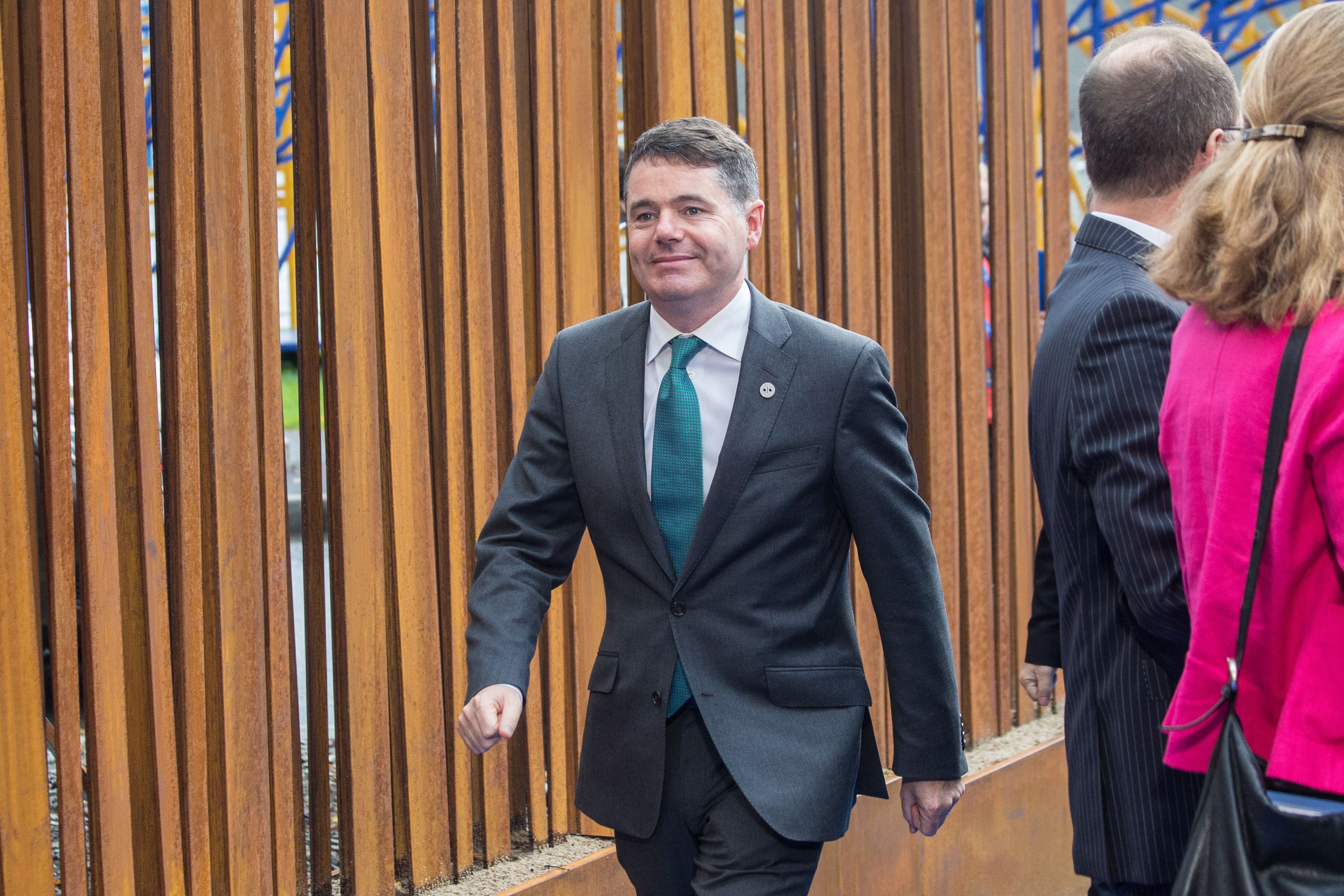Simon Harris, Minister for Further and Higher Education, has announced the allocation of €3.3 billion in Budget 2021 to the newly created Department of Further and Higher Education.
Budget 2021 details were announced this afternoon, with a strong focus on social housing, funding for public healthcare and tackling climate change.
Minister for Finance, Paschal Donohoe announced a total expenditure of €17.75 billion in an “unprecedented budget” this year, the largest in the history of the state.
From the €3.3 billion allocated for third level education, €270 million is being given to the higher education and further education sector for “school building projects”. This will, according to Michael McGrath, Minister for Public Expenditure and Reform, support up to 20 higher education building projects.
The investment will include €10,000 through SOLAS to increase upskilling and reskilling opportunities and address unemployment.
4,000 new apprenticeships are to be made available through the Apprenticeship Incentivisation Scheme.
The Minister of State for Higher Education Niall Collins announced that the government has “worked hard” to establish a once-off hardship fund of €50 million for third level students who have been financially hit by Covid-19.
Minister for Further and Higher Education Simon Harris also announced a full review of the SUSI student support grants, which will be completed by next summer. The SUSI budget for 2021 will also be increased by €20 million to meet the additional demands of financial difficulties caused by Covid-19.
Postgraduate support will also be increased from €2,000 to €3,500 and the threshold for the grant will be increased to €54,240 from €31,500.
Funding in the PATH 2 programme will be increased to provide 200 extra places in the sector.
Government also announced €29 million investment in research funding for the upcoming year.
The funding package for higher education will include a “dedicated” Mitigation Educational Disadvantage Fund of €8 million, which is to “support community education and to engage with disadvantaged learners”.
The Pandemic Unemployment Payment (PUP) and the Wage Subsidy Scheme are to continue throughout 2021.
There have been approximately 320,000 jobs lost in 2020, with an expected recovery of 150,000 next year. Economic performance of 2019 may not return until 2022 according to Donohoe.
Budget 2021 forecasts a deficit of €21.5 billion this year, with a deficit of €20.5 billion next year.
There has also been the establishment of a Recovery Fund of €3.4 billion to fund additional government decisions to be made next year.
Brexit took precedence in this year’s budget as well, with the government preparing for a “no deal” Brexit in January. Government also included planning for the continued effect of Covid-19 in the country next year with the absence of a working vaccine.
Last year, an increase in investment of €74 million for higher education was announced by the Finance Minister Paschal Donohue in the Budget 2020.
The government allocated over €11 billion to the Department of Education and Skills for 2020 to fund primary, second and third level education along with further education and training last year. This figure is up from €10.8 billion in 2019 and an increase of nearly €2 billion since 2016.
The Irish Universities Association (IUA) released their IUA budget priorities in August, which called for an increase in the core funding provided through direct grants and support to universities and other third-level institutions by “at least” €117m.
The report claimed that this would still be “significantly short” of the direct State funding requirement which was identified in the Cassells Report 2016.
IUA also claimed that “an immediate increase” in research funding of €50 million is required, and a multi-year investment programme would be needed to provide sufficient capacity for a “surging student population” and to replace out-dated equipment and facilities including digital infrastructure.
In July, the Union of Students’ in Ireland (USI) called for a plan to fully publicly fund higher education to be prepared in light of the “funding gaps” left by the over-reliance on private income such as international student fees and student accommodation.
This included a proposal to reduce Student Contribution Charge by €500 to ease the financial pressure that has been caused by the Covid-19 pandemic.






